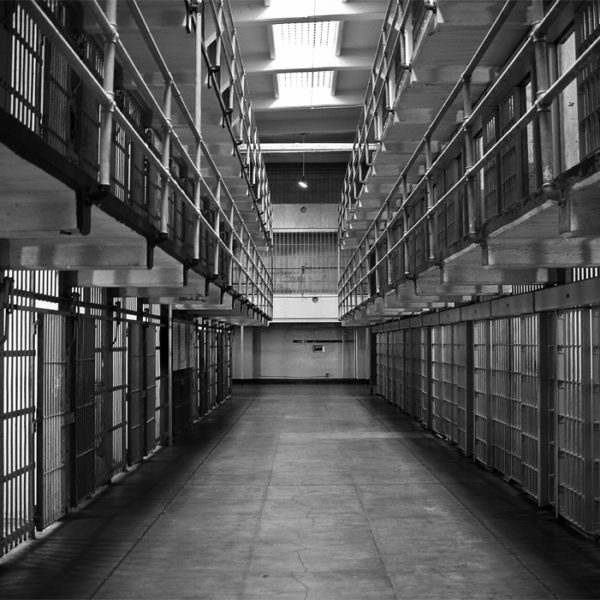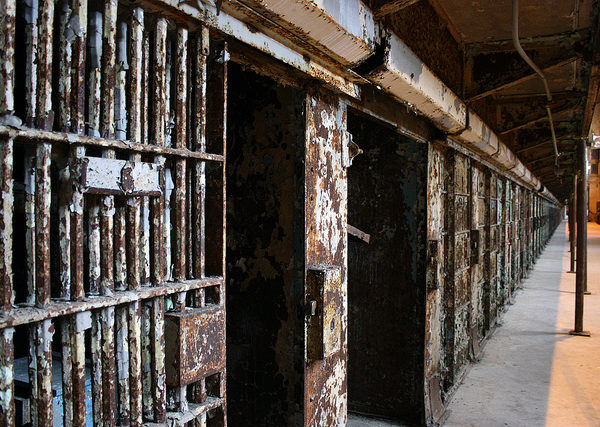
There is a good case to be made that the American criminal justice system is itself criminal. Up until around 1980, all statistics we have suggest that the incarceration rate varied at around 100 inmates per 100,000 people. After about 1977, and especially after about 1982, the rate began to rise; in 2008 it was over 700 prisoners per 100,000, and while it seems to have begun a modest decline in the past few years, it remains over 700. In this context, “American exceptionalism” is not an overstatement; the United States is effectively the largest incarcerator in the world; the only states near us are Cuba and North Korea.

Too often, scholars enamored with Foucault’s work assert that physical torture waned with modernity. However, this is an uninformed understanding of penal history. From their inception, U.S. jails and prisons frequently tortured inmates.

In the account of the slave with the spirit of divination, Paul, Silas, the Philippian jailer, and his family we encounter dynamics of agency and constraint, of freedom and slavery. There are a number of surprising instances of human action within this narrative which nonetheless speaks powerfully of the power and activity of God.

Six months or so after Lehman Brothers disappeared, and two weeks after the Dow Jones hit a twelve-year low, the creators of South Park ran an episode called Margaritaville, the primary storyline of which recounted the failed attempt by one of the boys to return the eponymous blender that his idiot, moralizing father had bought. In a gleefully sloppy primer on the financial crisis, Stan follows the increasingly inscrutable chain of capital from the profligate consumers, to shady third-party financiers, to the securities bundlers of Wall Street, and ultimately, to the public sector ex post facto debt assumers. At the heart of financial darkness, Stan’s odyssey takes him to the Treasury Department where a tribunal of economists determines the value of his margarita maker to be ninety trillion dollars, a calculation determined, it is subsequently revealed, through a divining process involving men in powdered wigs, a kazoo, and a decapitated yet still ambulatory chicken tossed onto a wheel-of-fortune style game board labeled with a range of monetary, fiscal, political maneuvers: Socialize/ Let Fail/ Coup d’etat/ Bailout!

